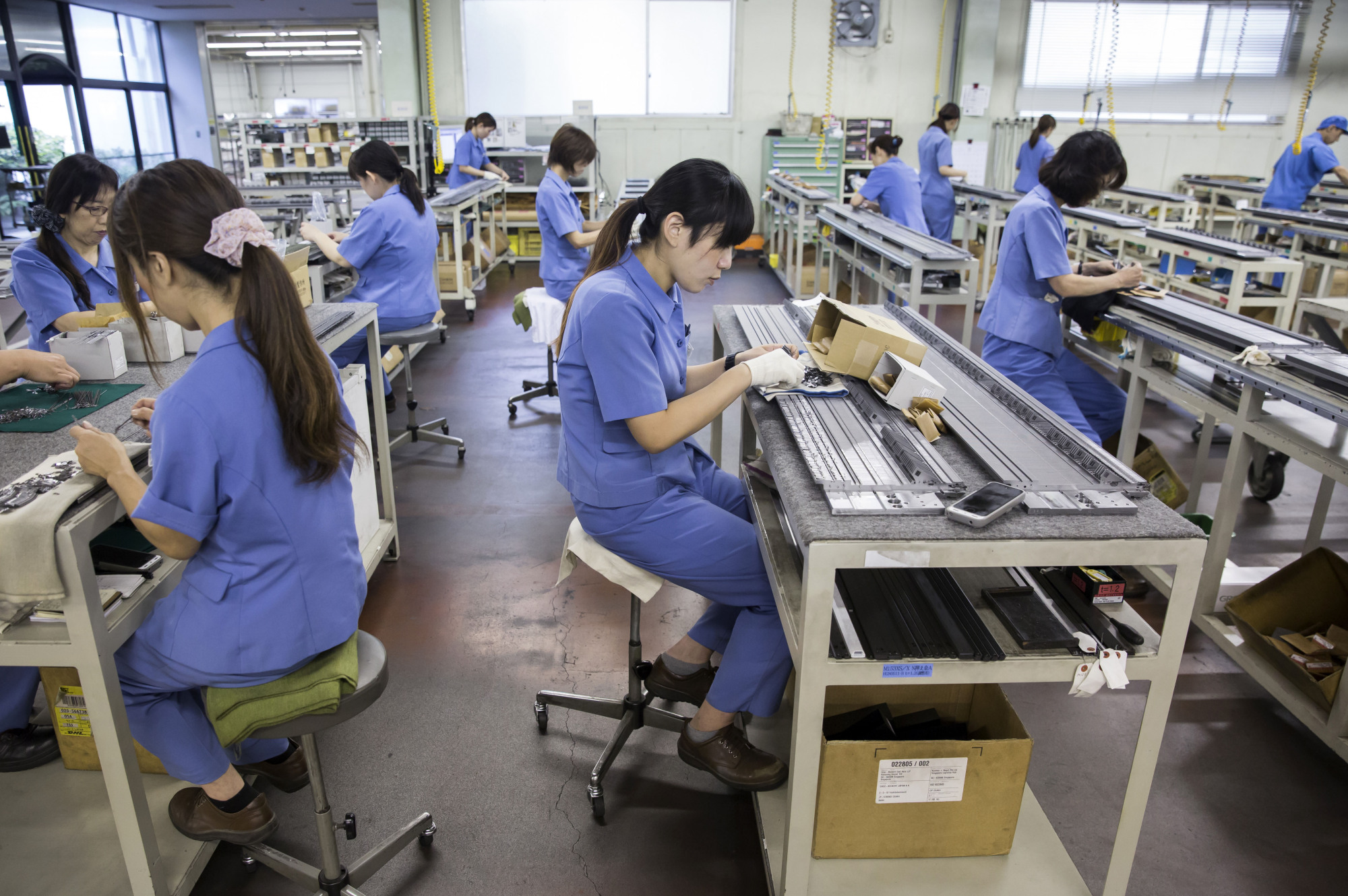Will the fifth year be a charm for Abenomics? With the tightest labor markets in generations and stock market at 26-year highs, it's reasonable to hope the longest expansion in 16 years will finally give workers a hefty raise in 2018.
That's certainly Prime Minister Shinzo Abe's bet. Ditto for Bank of Japan Gov. Haruhiko Kuroda, who declared recently that Tokyo's "powerful monetary easing has been producing remarkable effects." Just not on the higher pay pivotal to getting households to spend more, sadly. Real wages fell 0.1 percent in September from a year ago, down a fourth straight month.
Nor is 2018 looking like the charm of a year Abenomics needs, according to forecasts from Mercer. Its annual global compensation report expects Japan to come in dead last in nominal wage gains among Asian nations. Despite a 2.8 percent unemployment, a 23-year low, Japan is seen producing an average 2 percent boost (which may be too optimistic), roughly half the amount of South Korea, Singapore and Hong Kong and one-third that of China.



















With your current subscription plan you can comment on stories. However, before writing your first comment, please create a display name in the Profile section of your subscriber account page.